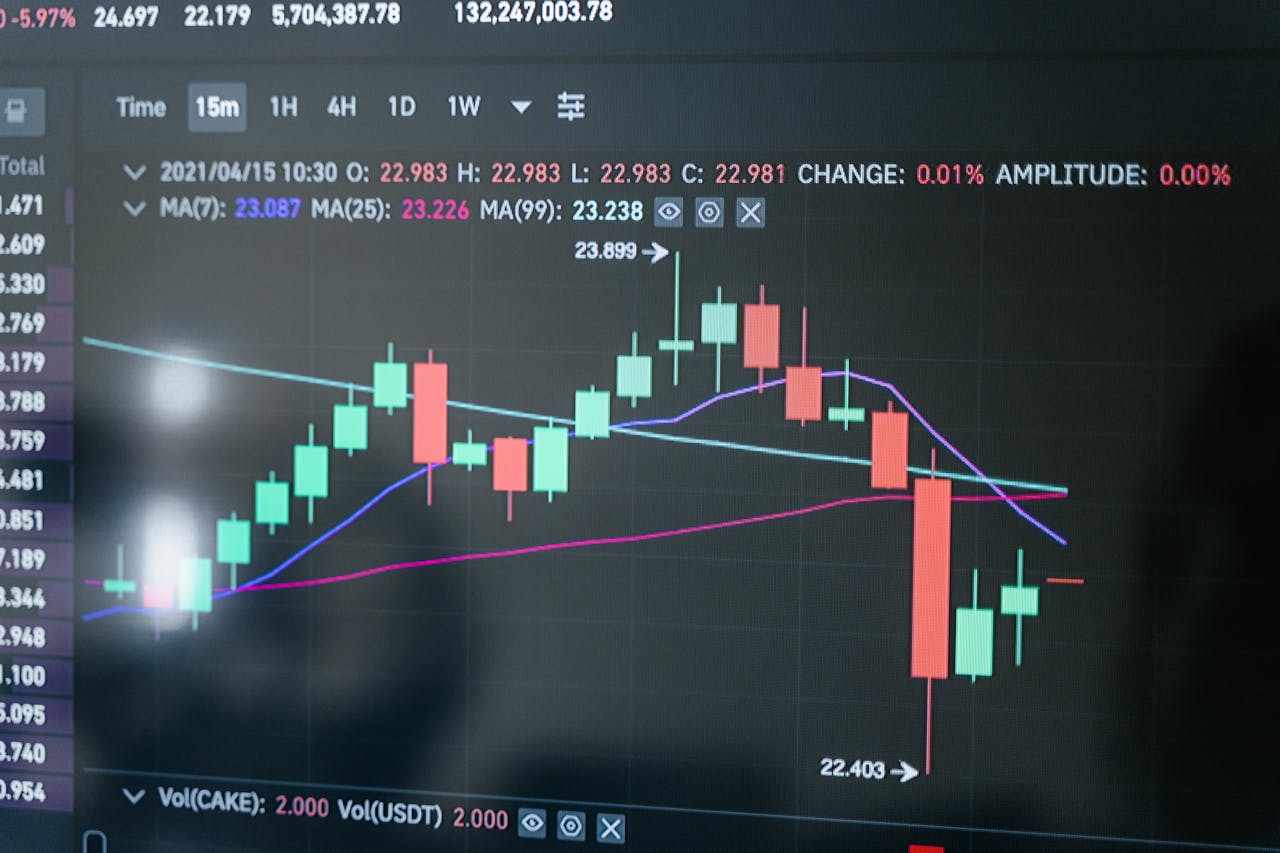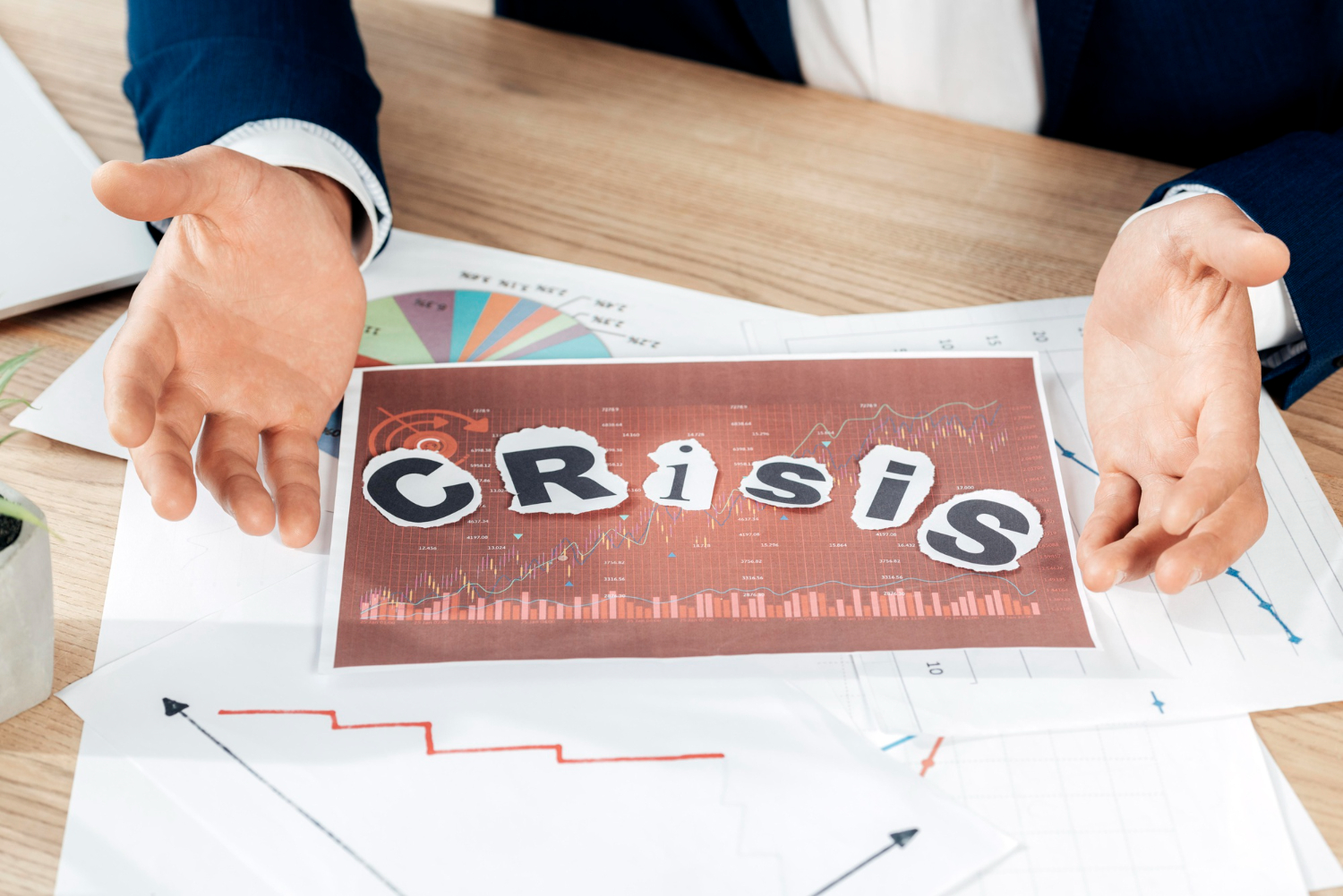Rebuilding Brand Trust After A Crisis: Key Steps
Rebuilding trust after a crisis is one of the most challenging tasks a business can face. Whether the issue stems from a product failure, a public relations misstep, or an ethical controversy, the damage to a brand’s reputation can be significant. Customers, stakeholders, and employees may all feel betrayed, making it difficult to regain their confidence. However, with a structured approach focused on transparency, communication, and meaningful change, businesses can recover and even emerge stronger. This guide outlines key steps to restoring trust and rebuilding a brand’s reputation through crisis management and PR.
The first step in repairing a damaged reputation is acknowledging the issue. Ignoring or downplaying a crisis can worsen public perception and erode trust further. Customers and stakeholders expect businesses to take responsibility and address concerns directly.
Rebuilding trust after a crisis is one of the most challenging tasks a business...
Crisis Communication for Small Businesses: A No-Nonsense Guide
Small businesses face unique challenges when managing crises without dedicated PR teams or large budgets. Recent data shows that 54% of small businesses have experienced a crisis that threatened their survival, yet only 23% had a formal communication plan in place. The ability to respond quickly and effectively to unexpected situations often determines whether a business maintains its reputation or suffers lasting damage. This guide provides practical strategies for small business owners to build and execute crisis communication plans that work with limited resources.
The foundation of effective crisis management starts with a clear framework. Small businesses need a structured approach that’s both comprehensive and manageable. Start by identifying your three most likely crisis scenarios – these typically include customer complaints going viral, product failures, or local emergencies affecting operations.
Small businesses face unique challenges when managing crises without dedicated...
Building Brand Trust in the Age of Misinformation
False narratives spread at lightning speed across social media platforms, reaching millions before facts catch up. Recent data shows that 63% of U.S. company leaders report misinformation directly impacting their corporate reputation, with financial consequences following close behind. The rise of AI-generated content has added another layer of complexity, making it harder than ever to separate fact from fiction. For brands, the stakes couldn’t be higher – consumer trust, once lost to viral falsehoods, proves difficult to rebuild.
The threat matrix facing brands has expanded dramatically. Beyond traditional media mishaps, companies now contend with deep fakes, manipulated images, and coordinated disinformation campaigns. Target recently faced this reality head-on when AI-generated images falsely depicted a “Satanic-themed” children’s collection, triggering a wave of consumer backlash despite being completely fabricated.
False narratives spread at lightning speed across social media platforms,...
Building Strong Media Relationships in Today’s Digital News Environment
Media relationships have fundamentally shifted over the past decade. Newsrooms now operate with smaller teams, tighter deadlines, and an endless stream of pitches flooding journalists’ inboxes. The rise of independent creators and digital-first publications has reshaped how stories get told and amplified. For communications professionals, this new reality demands a strategic rethinking of media relationship building – one that prioritizes authenticity, adds genuine value, and respects journalists’ time constraints.
Building meaningful connections starts with thorough research. Review a journalist’s recent articles, social media presence, and stated interests before making contact. According to Muck Rack’s State of Journalism 2023 report, 94% of journalists say they prefer email pitches tailored to their specific beat. Take time to understand their typical story angles, writing style, and the types of sources they regularly feature.
Media relationships have fundamentally shifted over the past decade. Newsrooms...
Managing Brand Reputation in an Era of Digital Backlash
Social media has fundamentally changed how brands face public scrutiny and criticism. What starts as a single tweet can snowball into a full-blown crisis within hours, putting organizations at risk of significant reputational damage. PR professionals now operate in an environment where public opinion shifts rapidly, and social movements can mobilize massive audiences against brands perceived to have crossed ethical lines. This new reality demands a sophisticated approach to reputation management that combines proactive monitoring, strategic response planning, and authentic stakeholder engagement.
The most effective defense against reputational threats begins long before any crisis emerges. Research shows that 63% of a company’s market value is attributed to its reputation. Organizations that invest in establishing clear values and maintaining consistent communication channels fare better when faced with public criticism.
Social media has fundamentally changed how brands face public scrutiny and...
How to Turn a PR Crisis into a Brand Opportunity
A public relations crisis can strike any organization at any time, threatening to erode hard-earned trust, damage its brand reputation, and even jeopardize its very existence. However, a crisis doesn’t have to be a death knell.
With a proactive PR crisis management approach, a well-defined strategy, and a genuine commitment to transparency, organizations can not only mitigate the immediate damage but also emerge from the crisis stronger, more resilient, and even more respected.
A public relations crisis can strike any organization at any time, threatening...
How Good Marketing and Recognition Can Carry a Hotel Through a Crisis
In the unpredictable world of hospitality, crises can strike at any time. From natural disasters to economic downturns, these challenges can significantly impact a hotel’s operations and reputation. However, a well-crafted marketing strategy and a strong focus on recognition can be powerful tools to help hotels weather these storms and emerge stronger than before.
One of the most crucial steps in navigating a crisis is to be transparent and open with the customers. Honest communication builds trust and helps to alleviate concerns. Clearly communicate the nature of the crisis and its potential impact on the hotel’s services.
In the unpredictable world of hospitality, crises can strike at any time. From...
The PR Playbook for Crisis Management: Protecting Your Brand’s Reputation
In today’s fast-paced digital age, even a single misstep can have far-reaching consequences for a brand’s reputation. A crisis—whether it’s a product recall, data breach, or public relations disaster—can erode trust, damage sales, and potentially lead to business failure. However, with a well-crafted crisis management plan and effective public relations strategies, organizations can mitigate the damage and emerge stronger than before.
The most effective crisis management plans are those developed in advance. By anticipating potential risks and devising strategies to address them, organizations can minimize the impact of a crisis and respond swiftly and decisively when one occurs. A comprehensive plan should include a designated group of individuals responsible for coordinating the response to a crisis.
In today's fast-paced digital age, even a single misstep can have far-reaching...










